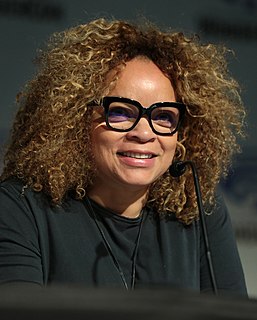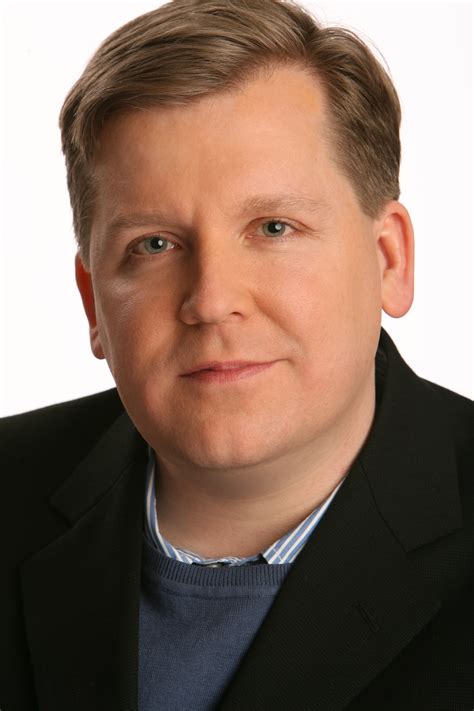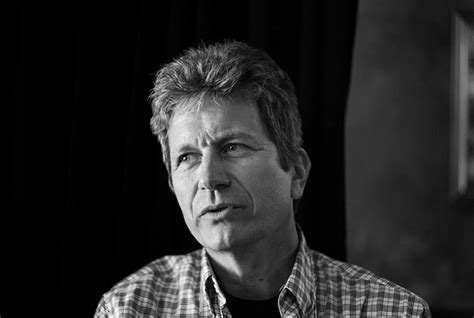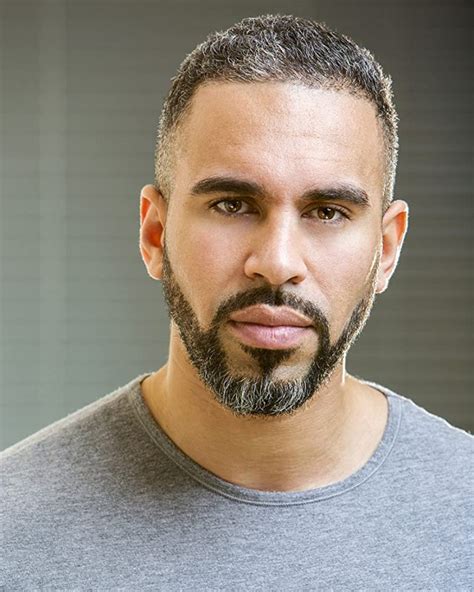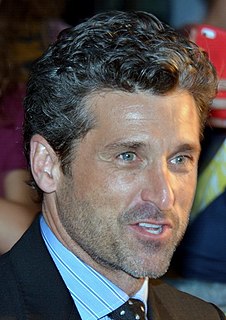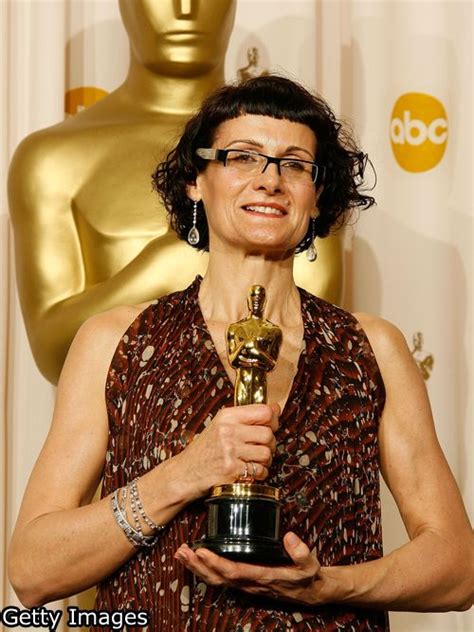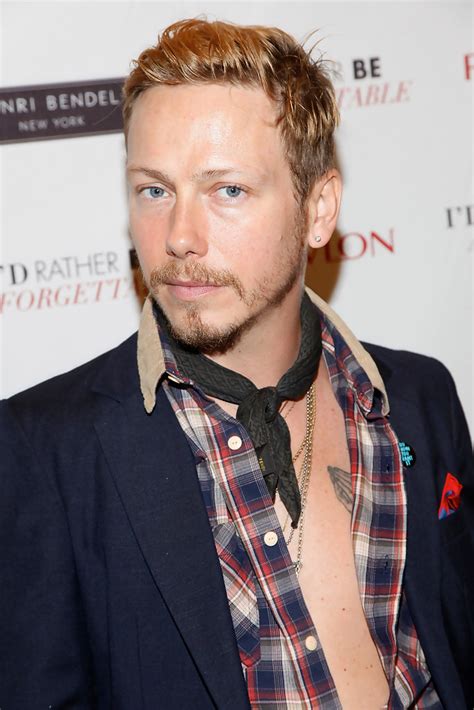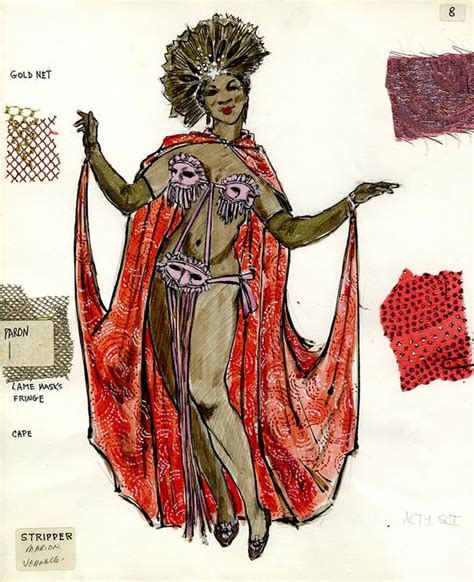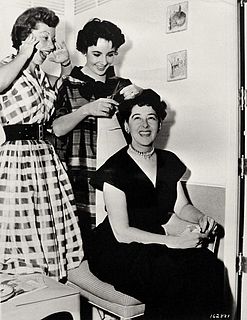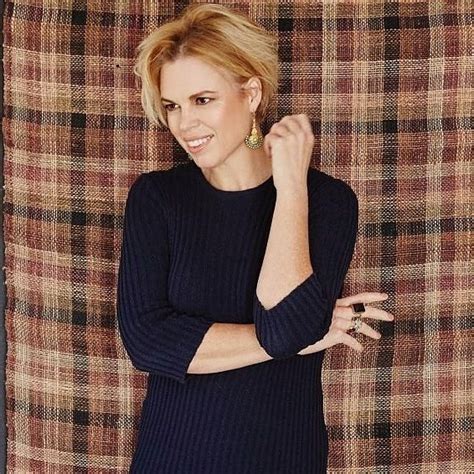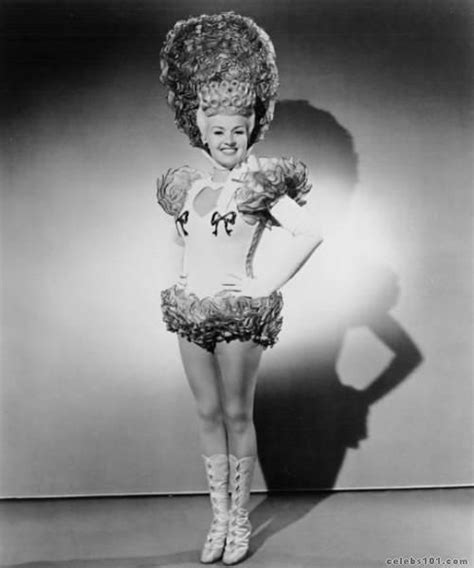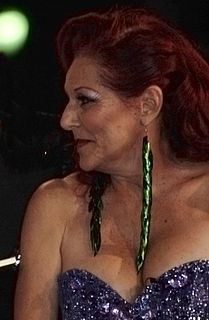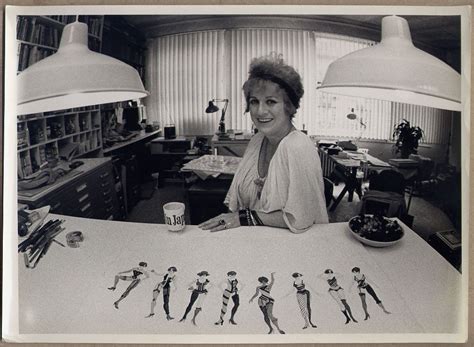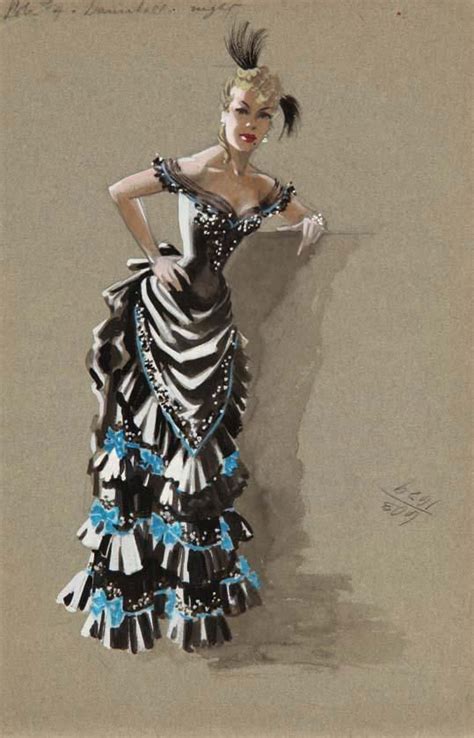A Quote by Ruth E. Carter
My favorite part about costume designing is the artistry of the job. You meet with a director and a visionary to discuss ideas. You research the characters and figure out the components of their look through your own vision. You create a color palette for a film, television or stage medium and discuss it with the director of photography who then lights your colored subjects.
Related Quotes
I did a good bit of episodic television directing, but directing a movie is so much more complicated. And there's so much more responsibility because the medium is very much a director's medium. Television is much more of a producer's writer's medium so a lot of the time when you're directing a television show they have a color palette on set or a visual style and dynamic that's already been predetermined and you just kind of have to follow the rules.
Not to knock the people who've given me the opportunity; I appreciate all the opportunities I've gotten, but one of the things I think I really learned from the features I got to direct is that your job as a director is everything about the movie. It's to pick a story that's really worth making, and make sure that the basic components are there. You're not just a part of the team. You're really in charge, and the responsibility falls on you if all the components aren't there for a worthwhile film.
It does not feel any different being directed by a first-timer as long as I am convinced that the director is passionate about the film he or she is making. If you get a sense of their vision for the film and their aesthetics of your performance, then it does not matter whether you work with a new or an experienced director.
When you do your collection, you are much more free. You have fewer boundaries. When you work on a movie, you have to take into consideration the story, the plot, the vision of the director, even the physique of your cast. And then on top of all this, you want your imagination, your taste, and your ideas to come through. But a movie is forever.
Composing is to think. It is to have your mind trying to find what is the best sound that the movie is going for: the best melody, the best texture, the best structure and dramaturgic arc for the film. Then you discuss that with the director. He's the leader. He's the one showing you the path to follow to find the soul of the film.
If you are able to see on a monitor what it's actually going to look like and have that kind of feedback informing your decisions, then you're bringing back a lot of the decision-making process of the designer, the director of photography and the director away from the post-production process and bringing it back into the actual capturing of the event on film.
Action is cool but it's all down to the director's interpretation at the end of the day, so you have to serve his visions and do what you can. So, you do your job to the best of your ability, you perform the fight and then it's out of your hands. It's then down to the director or the producer. You can give your opinion but often it's not heard. Actors have their riders and all kinds of contract terms and one of my big ones as I continue to make a name for myself as a top action guy is that I design my own action in films and oversee the edit.
